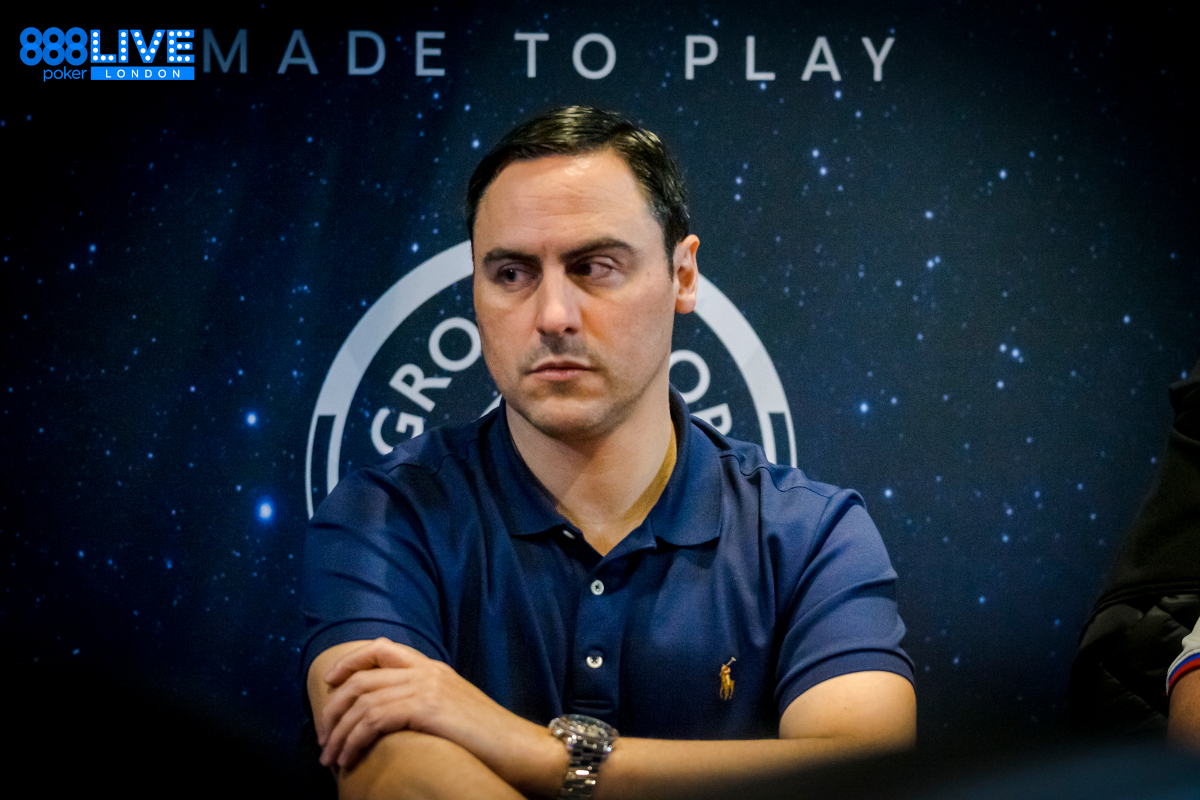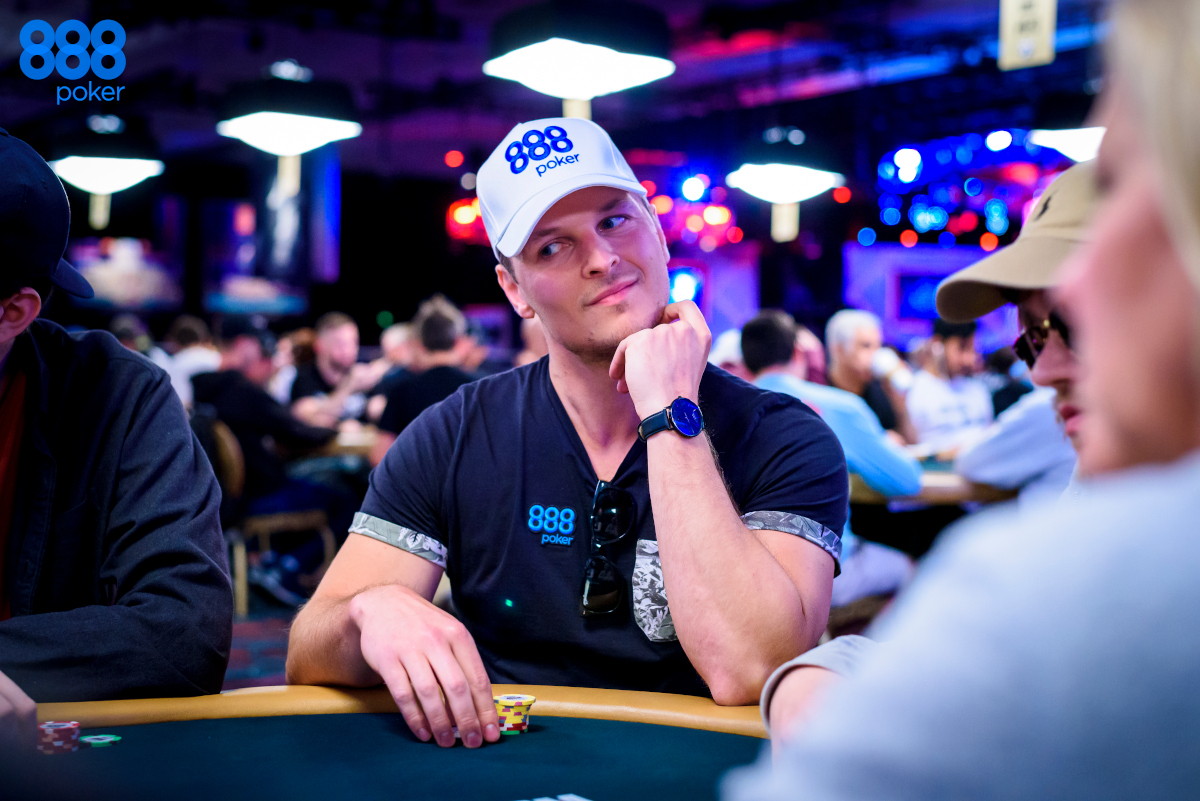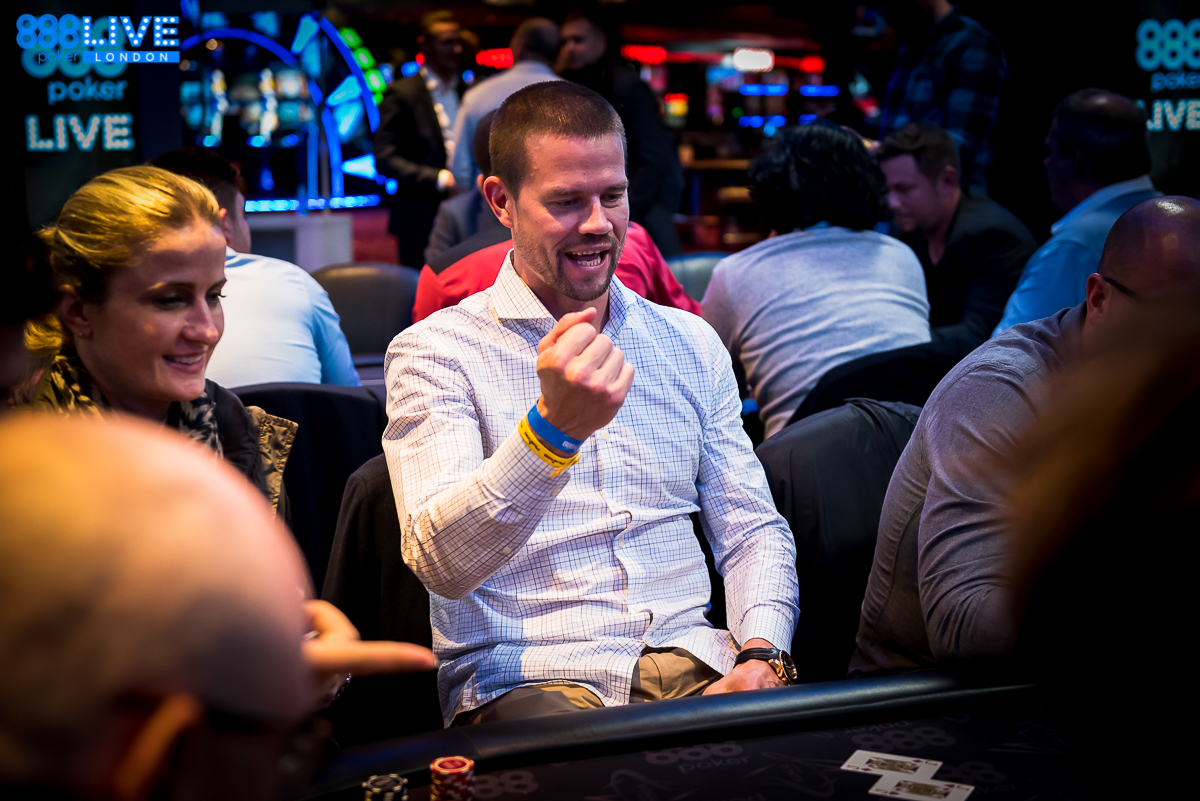We all know that poker is becoming more popular and competitive every day. There’s lots of fun to be had and money to be made.
But truly mastering the game has a steep learning curve.
There are so many areas to study and perfect that it can feel overwhelming, if not impossible.
But it is possible, and there are many things you can do to give yourself a mental edge in your development. The psychological frameworks within which you study and practice can make a huge difference in your progress and performance. This fact is true whether you are just getting your feet wet in poker or an intermediate player looking to elevate your game,
· But how exactly does your mindset influence your learning?
· What can you do to ensure that your mental approach boosts rather than hinders your poker growth?
· Do you see challenges as opportunities for growth, or do they feel like an insurmountable roadblock?
Your answers may hold the keys to unlocking your poker potential. So, let’s dive into the psychology of learning and see how the right mindset can transform your learning.
The Role of Mindset in Poker Learning
The journey to becoming a better poker player starts in the mind. Stanford psychologist Carol Dweck is well known for her research in this area. She suggests that two types of mindsets can affect learning: fixed and growth.
A player with a growth mindset sees obstacles as challenges to overcome. They believe they can hone and develop poker skills with enough effort and persistence.

Players with a fixed mindset believe that their ability or talent is fixed. Either you have it, or you don’t. And if you don’t, there is little you can do to improve.
Players with this mindset often conclude after a string of losses that they are not cut out for poker.
Instead of pushing their limits by investing time in studying complex combinations in poker, they stay stuck at the micro levels.
Contrast this with the growth-minded player who sees a string of losses as a sign that they need to improve. They’ll typically think about what they can learn from the situation and who they can enlist to help them.
If you’re not naturally growth-minded, there’s an essential to help you, and that word is yet. If you think you are not good enough to win an MTT (or WPT poker tour), try changing it to I’m not good enough to win an MTT yet.
“I’m a lousy hand reader” can become “I’m not a great hand reader yet”. This one slight shift in thinking can help you overcome the limiting belief that you cannot learn the poker skills needed to become a winning player.
Consider this advice from Dr Dweck herself:
“You have a choice. Mindsets are just beliefs. They’re powerful beliefs, but they are just something in your mind, and you can change your mind.”
The Role of Grit in Poker Study
Dweck’s work on mindset is just the starting point of our mindset journey. There is an essential character trait that can help you develop a poker talent known as grit.
Dr Angela Duckworth has led the way in research on grit, and she describes it as a passion and perseverance for long-term and meaningful goals.

Mountains of research have shown that more than having natural talent is needed to sustain peak performance. Achieving elite-level performance without poker cheat sheet requires a little something extra, and that something is grit.
Being gritty means you are passionate about a topic.
This intense passion is one of the things that helps you stick with it even when things are not going particularly well. But grit is more than just enthusiasm for something. The real key comes in the form of endurance.
Think about it. If you want to get really good at poker, you’ll need to do work that can be tedious, time-consuming, frustrating, and, at times, even a little boring. But if you wouldn’t have it any other way, that is grit.
Duckworth describes the relationship between talent and grit like this:
Talent x Grit = Skill
Talent on its own, however, is just unmet potential. If you add in a bit of grit, that’s when you can see results. Duckworth says that grit works double time.
When you have it, you’ll do what it takes to turn any natural abilities into skill. And the longer you persevere at skill building, the more achievement will come your way.
To summarise this part of her theory, she uses the equation:
Skill x Grit = Achievement
Skipping around from one thing to the other is the opposite of grit and is not likely to result in peak performance of any kind.
Be mindful of flip-flopping and set your sights on the accomplishments that are truly meaningful to you.
Motivation and The Mundanity of Excellence

Suppose you have a growth mindset and are somewhat gritty with good sicktuitiveness. One more thing might stand in your way – lack of motivation.
Recent studies have found that motivation naturally ebbs and flows. Think back to when you first started playing poker. You were probably super motivated to play every poker hand and to learn. You likely spent lots of time reading books, forum posts and watching training videos.
But then something happened, and you became less motivated and studying became a chore.
When we get into the “messy middle” of a project, most players simply plateau. They get just good enough to get by and maybe become small winners at a given stake, but their game makes no further progress.
But let’s look at what it takes to achieve elite-level performance. Dan Chambliss did a study with competitive swimmers. He found that the most elite swimmers spent inordinate amounts of time perfecting dozens of small skills or activities – even when doing so was boring, tedious, and challenging.
The winning strategy was building these into habits (which can take hundreds if not thousands of hours) and then synthesizing them into a whole performance.
After his exhaustive study, Chambliss concluded that the talent needed to succeed at swimming is much less than most of us think. What is critical is the effort required to perfect the many tiny mundane habits and skills needed to succeed.
The crucial takeaway is that you must be willing to do this even when your motivation is low.
Going from Talent to Poker Achievement
As you can see, outstanding performance comes from a combination of mindsets and talent that work together to allow you to excel.

Achievement is dependent on both talent and effort.
- Talent is simply a measure of how quickly your skills improve with focused attention.
- Achievement happens when you take your acquired skills and productively direct them.
A growth mindset and the character trait of grit can motivate you to do the work necessary to develop your talent. Grit, in particular, can be called upon when you need to put in the work on the more mundane aspects of poker – like reading a poker board.
Sure, bluffing is exciting, but most of your win rate will come from good value betting. Players with less grit will focus on bluffing, while those with more grit will study thin value-betting spots relentlessly.
If you want to understand the psychology of learning, look no further than the wisdom provided by George Leonard in his book Mastery.
He concluded that mastery is a process which happens over long periods of time.
He said, “The master is the one who stays on the path day after day, year after year. The master is the one who is willing to try, and fail, and try again, for as long as he or she lives.”
To progress as a poker player, you must be willing to rid yourself of limiting beliefs, cultivate your grit, and stick with continuous improvement no matter how much of a grind it becomes.
Do this, and you, too, can become a master poker player.

